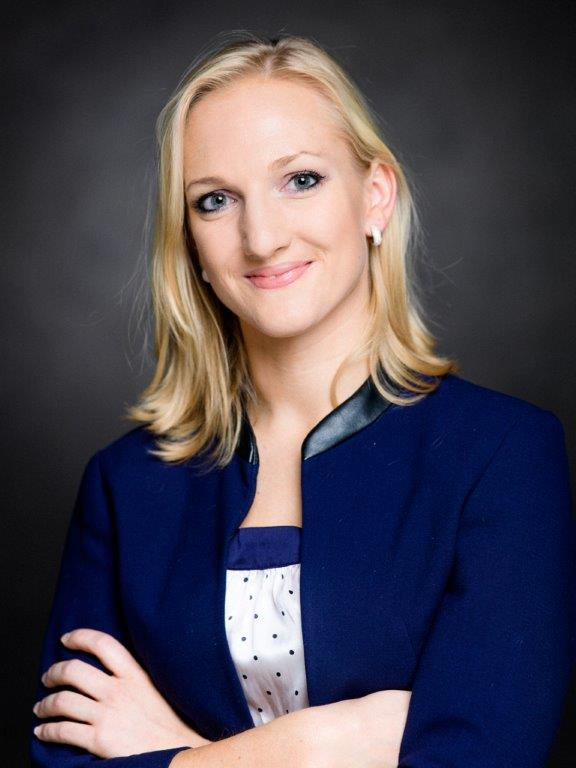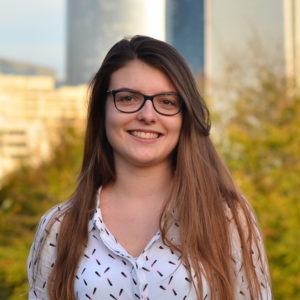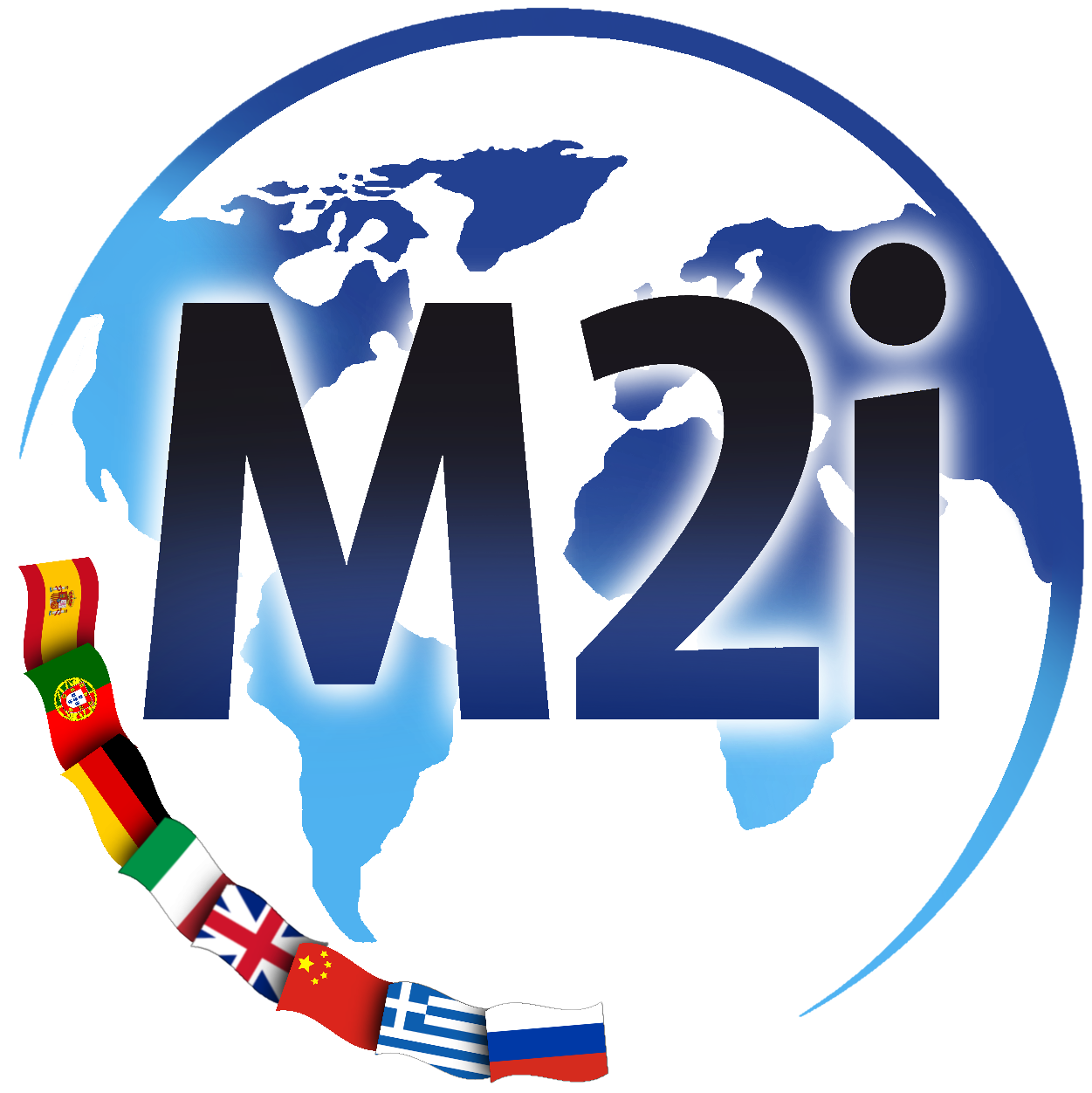Interview with Anja Habermacher

Anja Habermacher is a former Paris-Nanterre student. After completing a M2i degree she did an internship in the Euler Hermes group and is now working at Euler Hermes France. Euler Hermes is the world’s leading provider of trade-related insurance solutions and it helps companies of all sizes “trade with confidence at home and abroad”, as they explain on their website. Euler Hermes is listed on the Paris Stock Exchange and its main stockholder is the Allianz group.
Anja accepted to answer a few questions regarding her M2i background and the way it affects the way she works today
Anja and her position at EH France
“Over the past years, my job has changed a lot…”
Please tell us more about yourself.
After graduating from Université Paris Nanterre (M2i degree), I joined Euler Hermes as a trainee and later became a legal advisor and international coordinator.
Over the past years, my job has changed a lot, whilst the EH global network is growing and connecting closer.
I have also an ongoing career as a dancer in competitions, which gives me dynamism, creativity and awareness about myself, that I use in my job.
Can you tell us more about your job? Describe your typical day.
I have two major responsibilities:
- I advise our international clients about the collection measures used to recover their debts (about 900 ongoing collection files).
- I ensure the coordination of the collection activity led abroad by the EU subsidiaries, called Business Units – I am responsible for the German and Spanish BUs.
Occasionally I am also involved in projects, like organizing Job Swaps with our BUs and presenting our activity at internal and external conferences.
Working in a multicultural environment
“As each person and situation is different, no general rule can be established.”
Would you say it is crucial to know about the specificities of your clients’ culture(s)?
I would say it is useful to know about the differences in order to understand their behaviour. However, it is not efficient to anticipate the other people’s behaviour. Indeed, more and more people are multicultural, which makes specifications of cultures less and less true.
You regularly deal with litigations in your job, how does interculturality benefit your understanding of your clients’ point of view and the way you maintain the relationship?
It helps me above all to establish trust and make people cooperate with me. As a result, thanks to this, I can find better and quicker agreements and solutions.
Do you have an anecdote concerning for example a misunderstanding linked to interculturality?
My working day is full of culture-related misunderstandings. Most of them are linked to time.
Once, I told a German I needed some urgent feedback, without explaining why and what urgent meant to me. He answered 1 minute later, but was so stressed, that he sent me the wrong documents and we lost much time dealing with the mistake afterwards.
You told us about the “4Ps” (Precise/Present/Positive/Personalize) concerning intercultural relations. Can you explain more about it?
“If you use the 4Ps in your communication, you can always be sure to find a solution whilst maintaining a good relationship. However, using them in any situation can be time-consuming and it might be more efficient to develop your awareness about the way you work and the way the others work in order to find the most efficient way to communicate with a specific person in a specific situation. As each person and situation is different, no general rule can be established.
Us, M2i students
“The students have knowledge of various fields, which can be a great asset, when it comes to changing jobs and making a career in an international company.”
You also completed your studies at Paris-Nanterre, do you think the M2i is adapted to today’s workplace and to employers’ demands? Why?
It definitely is, because the students speak several languages and know several cultures, which is less easy to learn once in the business world. The students have knowledge of various fields, which can be a great asset, when it comes to changing jobs and making a career in an international company. It also makes them be open-minded and adaptable, which is useful in this fast-changing world.
So, what would you say is our main weakness?
Not being convinced about your assets. By thinking positively, you can influence what people think of you, for example during an interview.
You speak 4 languages (French, English, German and Spanish), do you think speaking more than one language is still considered an asset nowadays?
Yes, it is even a must. Even if you don’t speak each language perfectly.
Do you think that we have an advantage compared to students from Business schools? Your open-mindedness, ability to work and find solutions.
Do you have any advice for us? Becoming aware that people, including yourself, and situations always change can make you see new opportunities. Just imagine where you want to be and you will make sure that everything will happen so that you can get there. If you don’t believe it, just try!
This article was written by:

Alexia Tuma

Emilie Germetz

